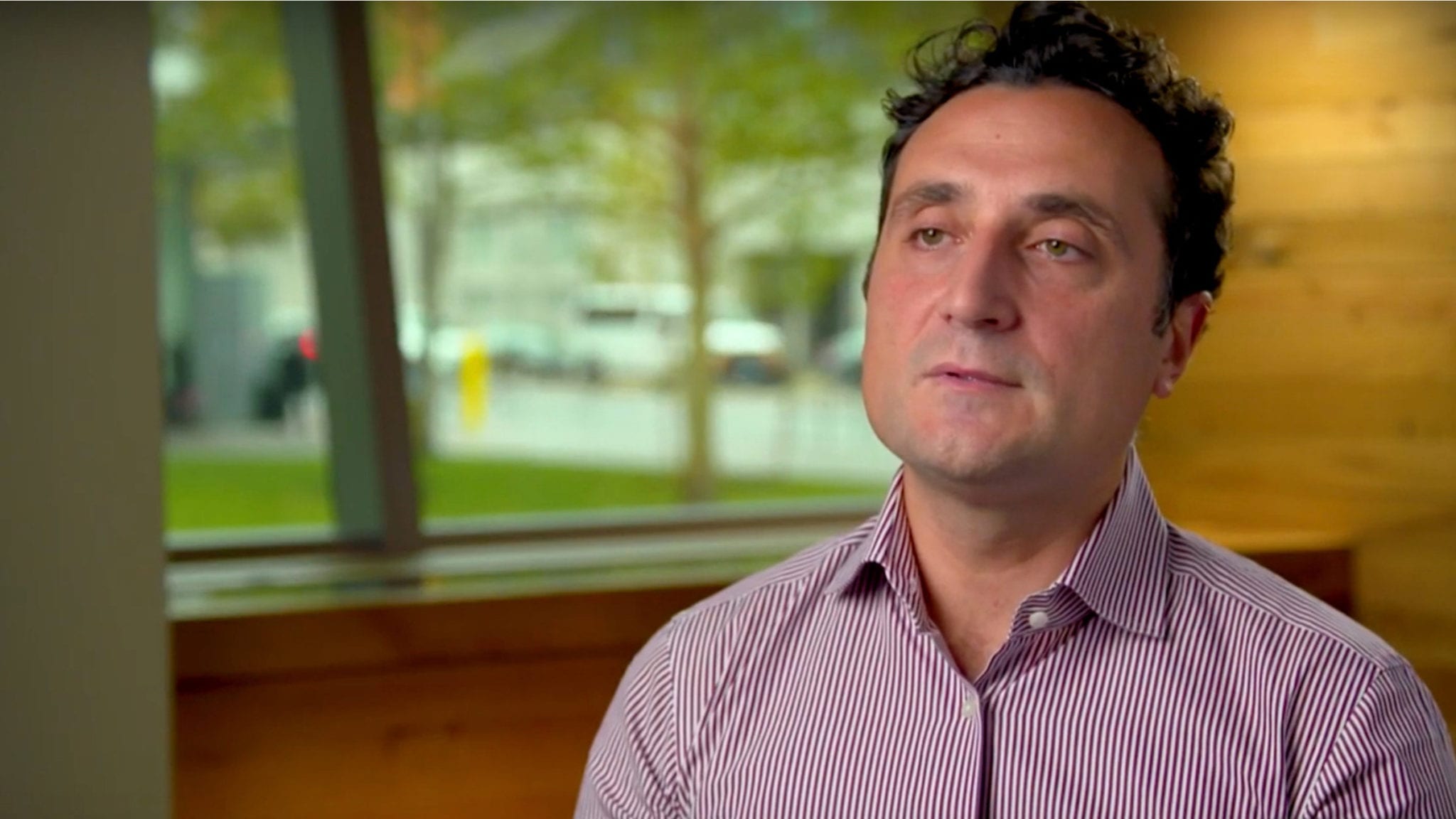
Atlas-backed Kymera grabs $102M as its protein degradation technology heads into clinic
When Bruce Booth and Nello Mainolfi started planning a protein degradation company, the field was open and sparse, dotted with a couple of hopeful startups and larger players making exploratory forays. Booth called it a “broad new modality with plenty of freedom to operate across potentially every therapeutic area and disease state.”
Four years later, Kymera Therapeutics is looking to become one of the first of what will likely be many protein degradation companies to enter the clinic. The company announced $102 million in Series C funding and a plan to bring its lead drug targeting IRAK4 into the first trials by next year. Biotechnology Value Fund and Redmile Group led the round.
Unlock this article instantly by becoming a free subscriber.
You’ll get access to free articles each month, plus you can customize what newsletters get delivered to your inbox each week, including breaking news.